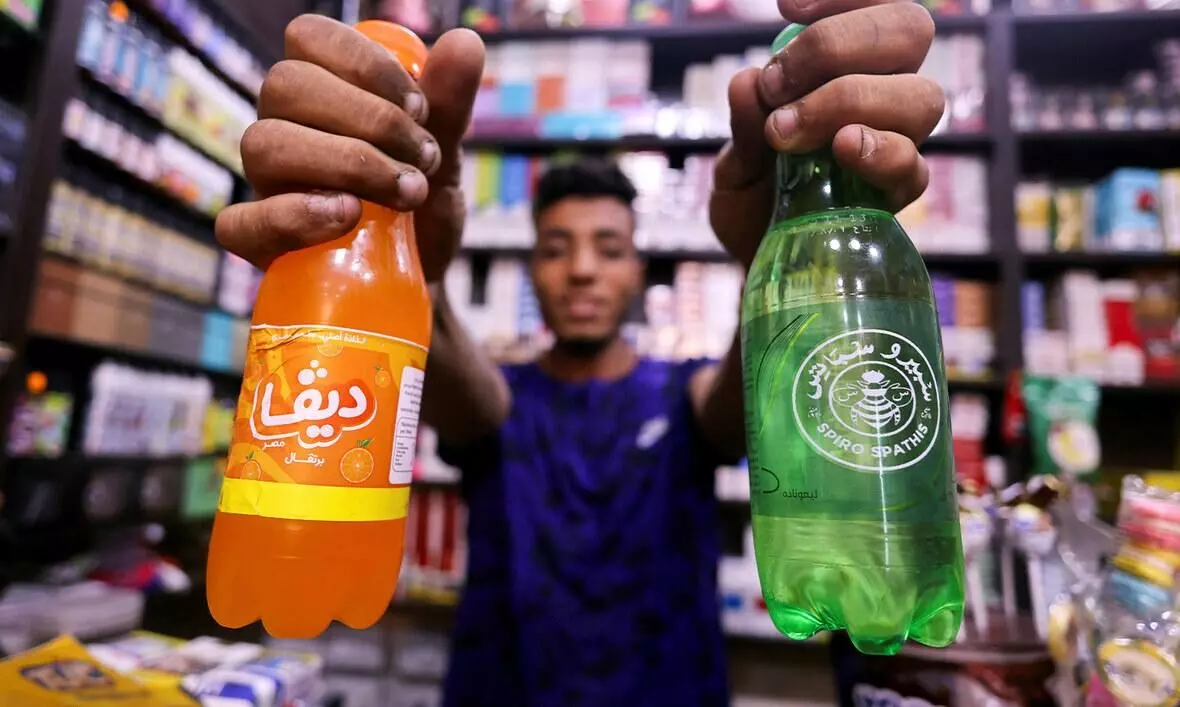
Israeli war-driven boycott of Coke, Pepsi boosts local brands in Muslim countries
text_fieldsThe ongoing boycott of Coca-Cola and PepsiCo, driven by the companies' perceived links to Israel, has provided a significant boost to local soft drink brands across several Muslim-majority countries.
The boycott, largely led by Arab nations, began in response to the companies' alleged support for Israel amid its military actions in Gaza and other Palestinian territories since October 2023. As a result, both American brands are facing substantial declines in sales and market share in these regions.
In Egypt, Coca-Cola sales have reportedly plummeted, with local competitor V7 seeing a significant surge in demand. V7 has tripled its exports to the Middle East and surrounding regions compared to last year. Across the wider Middle East, Western beverage brands have seen a 7% drop in sales in the first half of 2024, according to market research.
The boycott's impact is not confined to the Middle East. In Bangladesh, Coca-Cola was forced to cancel an ad campaign in the face of widespread protests. Meanwhile, in Pakistan, domestic brands like Cola Next and Pakola have seen a rise in popularity. Cola Next now accounts for 12% of the soda sales on a major delivery app, a considerable increase from its pre-boycott market share.
Consumers globally are joining the boycott in solidarity with Palestine, expressing their frustration with US support for Israel. The movement has gained traction in local markets, with shopkeepers choosing to remove American soft drinks from their shelves and customers actively seeking out alternatives.
Despite the mounting pressure, both Coca-Cola and PepsiCo have sought to distance themselves from the political controversy. PepsiCo's leadership has acknowledged the boycotts' impact on their sales in certain countries, while Coca-Cola has issued statements denying any involvement in military sponsorships.
In contrast, local soft drink brands have capitalised on the political climate, adjusting their marketing strategies to appeal to nationalistic sentiments. Brands like Cola Next have shifted their focus, highlighting their local origins to attract consumers increasingly inclined to support domestic products.

















